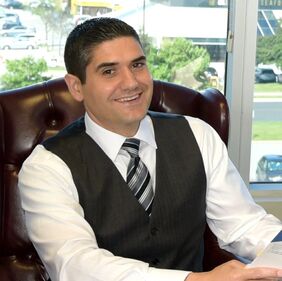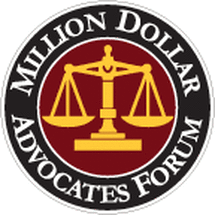- HOME
-
Personal Injury
- Catastrophic Injury >
- Wrongful Death >
- Motor Vehicle Accidents >
- Premises Liability
- Slip and Fall Accidents
- Nursing Home Negligence
- Child and Birth Injuries
- Bouncer Assault Injury
- Medical Malpractice
- Defective Products
- Watercraft and Boating Accidents
- Dog Bites/Animal Attacks
- View All Practice Areas
- Disability Law
- Business Litigation
- Our Team
-
Resources
- Video Gallery
- Media and Speaking Requests
- How a Car Accident Lawyer Can Protect Your Rights
- Frequently Asked Questions >
- Fees
- Do I Have A Case?
- How to Start a Personal Injury Claim
- Personal Injury Claims
- Accident Benefit Forms
- Ontario Spinal Cord Injury Resources
- Ontario Brain Injury Resources
- Support Groups
- Physiotherapy and Chiropractors
- Links
- Contact
- HOME
-
Personal Injury
- Catastrophic Injury >
- Wrongful Death >
- Motor Vehicle Accidents >
- Premises Liability
- Slip and Fall Accidents
- Nursing Home Negligence
- Child and Birth Injuries
- Bouncer Assault Injury
- Medical Malpractice
- Defective Products
- Watercraft and Boating Accidents
- Dog Bites/Animal Attacks
- View All Practice Areas
- Disability Law
- Business Litigation
- Our Team
-
Resources
- Video Gallery
- Media and Speaking Requests
- How a Car Accident Lawyer Can Protect Your Rights
- Frequently Asked Questions >
- Fees
- Do I Have A Case?
- How to Start a Personal Injury Claim
- Personal Injury Claims
- Accident Benefit Forms
- Ontario Spinal Cord Injury Resources
- Ontario Brain Injury Resources
- Support Groups
- Physiotherapy and Chiropractors
- Links
- Contact
|
You are currently visiting our Canada site, to visit our USA site click here.
|
Main Law Office and Mailing Address15 Wertheim Court, Suite 303
Richmond Hill, Ontario L4B 3H7 |
Toronto1200 Bay Street, Suite 202
Toronto, Ontario, M5R 2A5 Vaughan10877 Keele Street
Vaughan, Ontario L6A 0K6 |
FREE CONSULTATION |
Copyright © 2012 - 2024 Iacobelli Law Firm All rights reserved. | 561-625-6133 | 416-900-1070 | Toll Free: 1-877-742-2529
This site uses content and information prepared by AI including technology from Gemini and ChatGPT technology from OpenAI.
You should always consult with a lawyer about specific legal questions you may have.
You should always consult with a lawyer about specific legal questions you may have.
Iacobelli Law Firm represents victims of serious personal injury throughout Ontario Toronto | York Region | Richmond Hill | Aurora | Mississauga | Scarborough | Vaughan | North York | Stouffville | Keswick | Kitchener | Barrie | London | Brampton | Windsor | Markham | Guelph | Oshawa | York Region | Kingston | Markham | Sudbury | Vaughan | Newmarket | King City | Peterborough | King City | Whitby | Sarnia | Orangeville | Niagara Falls



 RSS Feed
RSS Feed






